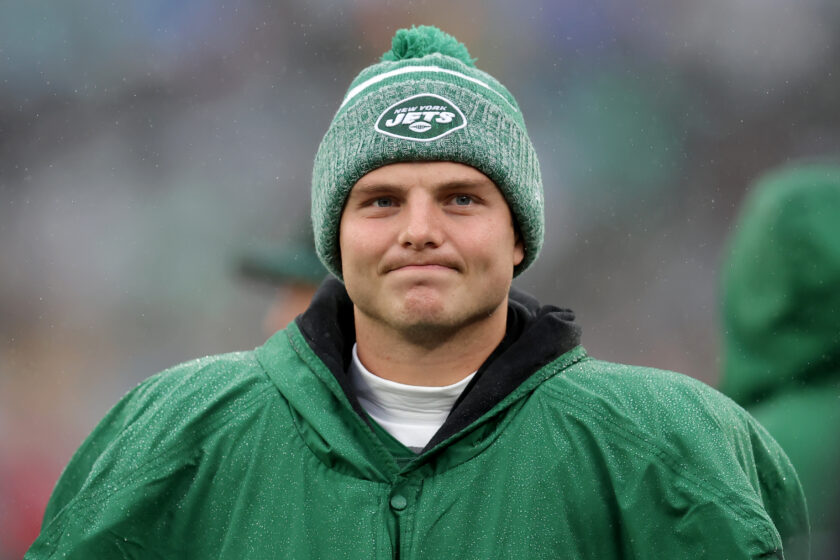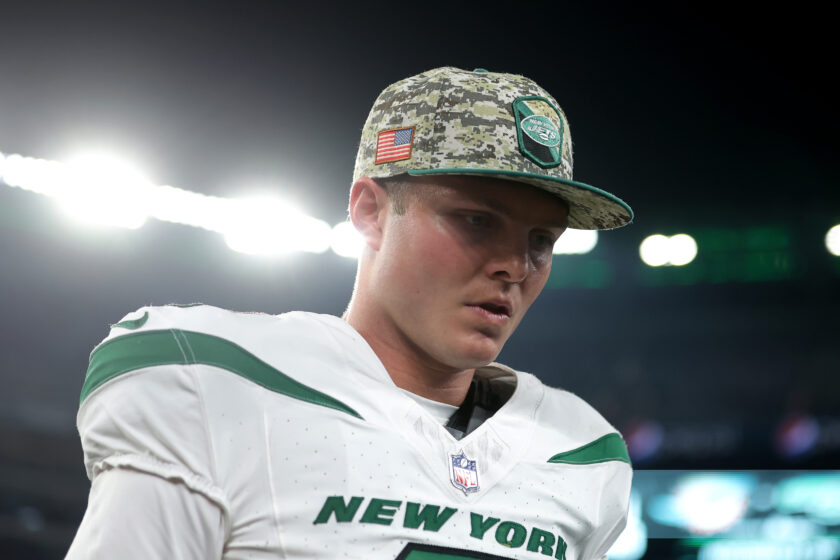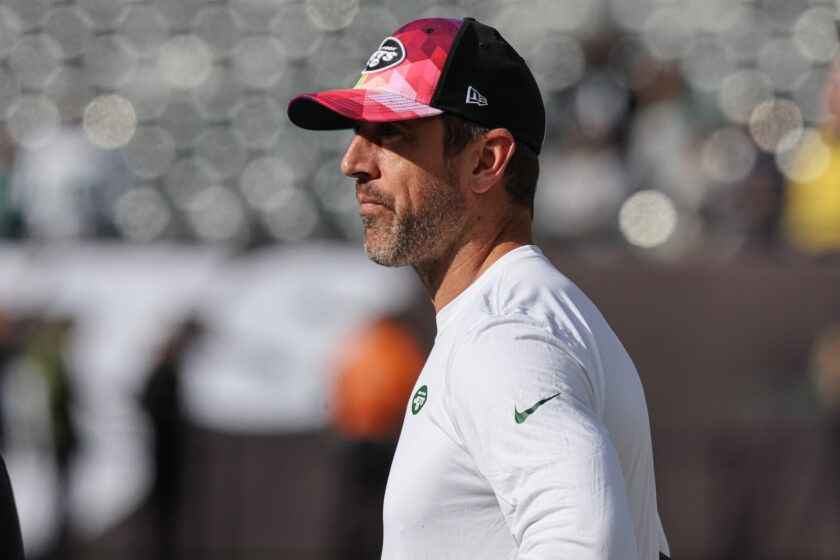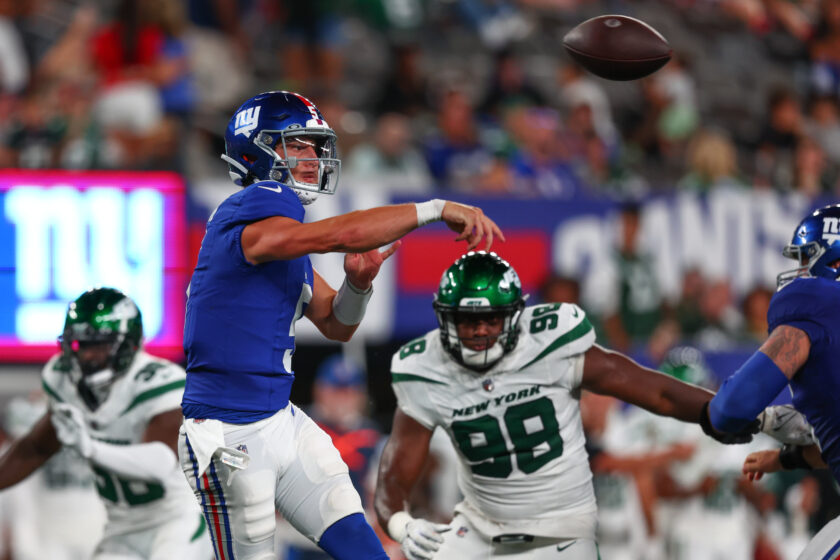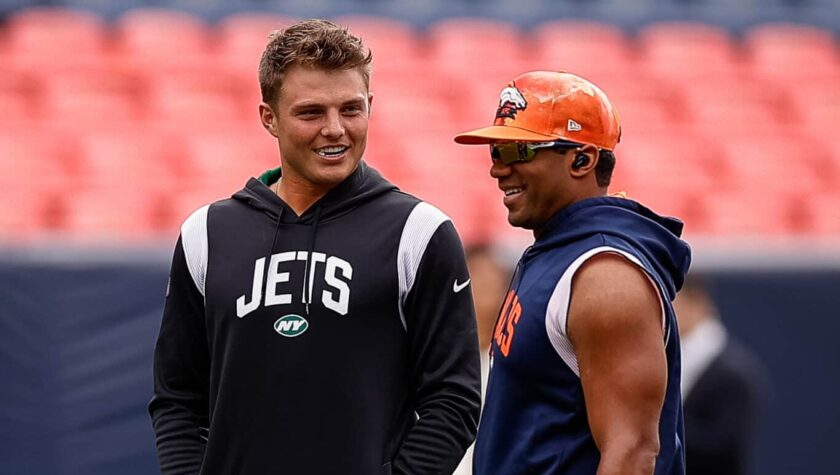Jets need time to develop following offseason improvements
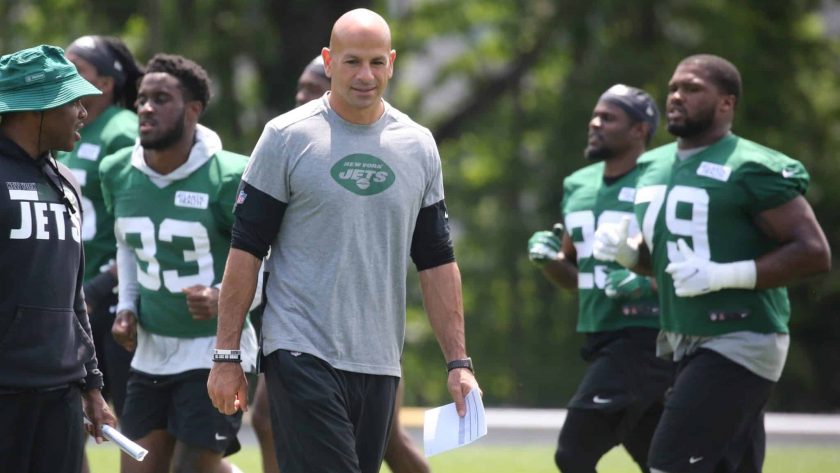
The Jets are definitely improved on paper. However, that doesn’t necessarily mean a 2021 postseason berth is en route.
[sc name=”ryan-honey-banner” ]Patience, patience, patience.
It’s a virtue, and a skill Jets fans must exercise in 2021.
I understand it’s tough to ask a fanbase part of the New York area — the impatience capital of America — to remain calm amid a decade-long playoff-less stint.
But it’s important to do so, especially this coming year.
The Jets have heavily improved on paper; a new quarterback, talent on both sides of the ball, and a brand new coaching staff are in place.
A postseason berth could be on the horizon, but maybe not in the near future. This team and what it’s attempting to build require time to develop, which could mean an 11th consecutive year of Gang Green sitting on the couch during the playoffs.
And why is that?
Zach Wilson has much to learn
Thanks to the offseason moves via the draft and free-agent market, No. 2 overall pick Zach Wilson is set up to succeed at the quarterback position. He possesses what’s supposed to be a productive receiving corps that includes Corey Davis, Elijah Moore, Keelan Cole, and Jamison Crowder, a running back committee encompassing fourth-round selection Michael Carter, and a (hopefully) promising offensive line.
But it’s uncommon seeing a quarterback come out of the gates and be the savior of the franchise in their inaugural season.
It took Carson Wentz until year two to really figure it out with the Eagles. Jared Goff and Josh Allen weren’t playoff signal-callers until their second seasons either — heck, it took Allen until season three to really make it known he was Buffalo’s long-term answer at the quarterback position.
Baker Mayfield is another individual who took a few years to lead his team to the postseason.
Wilson will need time to become accustomed to the speed of the NFL. This is especially the case when you consider the Jets, at least as of right now, don’t employ a true veteran backup quarterback who could assist in the crucial development of the first-year player.
Wilson must learn the playbook, the overall offensive system, and assemble consistent and effective chemistry with his offensive targets.
He’s assuming an overwhelming level of responsibility — it’ll take time for the current 21-year-old to get used to his new career.
New faces on the O-line
A great offensive line requires chemistry, and in order to build that, continuity needs to exist.
In 2021, the Jets could have new faces at either guard spot — they’ll at least have one.
First-round selection Alijah Vera-Tucker is expected to start on the left side of the line right next to 2020 first-round tackle Mekhi Becton. The opposite guard role could be filled by Dan Feeney if the coaching staff eventually prefers him over Greg Van Roten and Alex Lewis.
The process of building any sort of chemistry across all five spots will thus need to commence early, and the overall performance of the line is additionally going to play a role in the aforementioned development of Wilson.
Question marks at cornerback
The Jets possess the opportunity to field a talented safety tandem encompassing the versatile Lamarcus Joyner as well as Marcus Maye, one of the better young safeties this league has to offer.
But the status of either main starting cornerback role is very much unclear.
Is the Bryce Hall-Bless Austin tandem one that could consistently be reliable?
Neither played a full season last year. While Austin allowed opposing quarterbacks to complete 65.8% of throws when targeting him in 2020, Hall let up a 71.2% completion rate.
Austin and Hall additionally recorded shaky Pro Football Focus grades of 51.1 and 59.9, respectively — not ideal.
The Jets, at the moment, might not be completely set at two of the most important positions on the defensive side of the ball (an issue when you take into account how much the NFL has become a passing league).
The tight end spot?
Zach Wilson will need a plethora of talented weapons in order to initially succeed on the field, and that includes at the tight end position.
But does either main option for the starting role currently carry the ability to produce at a high level?
Chris Herndon only racked up 287 yards on 31 receptions last season and hasn’t returned to his 2018 rookie-year form in which he gained over 500 yards on 39 catches.
Free-agent pickup Tyler Kroft, on the other hand, has just one highly productive year under his belt through six total seasons (42 receptions with Cincinnati in 2017). He’s caught just 22 total balls in the last three seasons combined (26 total games).
The wide receiver room has the potential to be phenomenal for both Wilson and his on-field improvement. Whoever assumes the No. 1 tight end role will need to constantly produce as well, and as of right now, there’s a chance the two main options aren’t capable of doing so.
The inaugural year of the current system
From Gregg Williams to Robert Saleh/Jeff Ulbrich.
From Adam Gase/Dowell Loggains to Mike LaFleur.
Returning Jets will have a new system to learn. New faces, whether they’re rookies or 2021 free-agent acquisitions who weren’t with Saleh and LaFleur in San Francisco, will also have brand new playbooks to master.
Acclimating yourself to a new system both on the field and in the meeting room takes time. It’s not all supposed to completely come to fruition right away.
Just look at the New York Giants — a new system was introduced by head coach Joe Judge and coordinators Jason Garrett (offensive) and Patrick Graham (defensive) last year.
It took Big Blue a significant chunk of the regular season to seemingly become accustomed to everything. Remember when the team started off 1-7? And then went 5-3 through the second half of the year?
Grasping a new system is laborious — don’t expect everything to immediately be flawless.
- DRAFTKINGS SPORTSBOOK
BET $5 & GET $150 IN BONUS BETS INSTANTLY!
- FANDUEL SPORTSBOOK
BET $5, GET $150 BONUS!
- CAESARS SPORTSBOOK
$1,000 BET ON CAESARS!
- BETMGM SPORTSBOOK
BET $5, GET $158 BONUS!
- BET365
GET $150 BONUS OR $2,000 FIRST-BET SAFETY NET!






